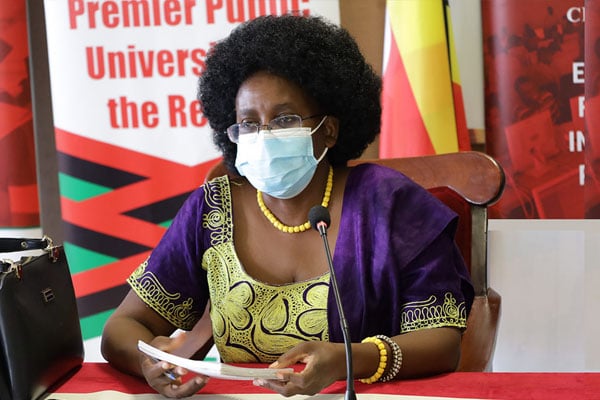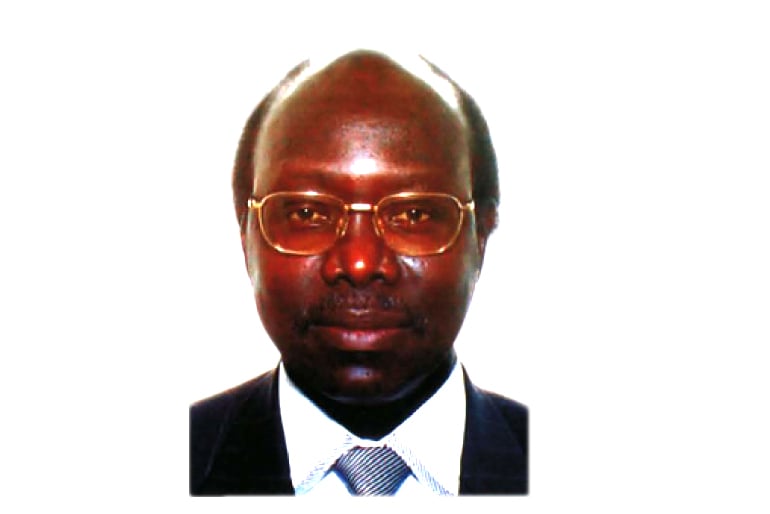Prime
Push for unity, stability rages on 61 years later

Former president Milton Obote (centre) and his army commander Idi Amin (left) in the 1960s. PHOTO/ FILE
What you need to know:
- Prof Wangoola says Obote not only failed to recognise the nation tribes that constitute Uganda, but also followed in “the propaganda of the colonial masters” who sought to destroy the tribe because they perceived it to be backward.
Six decades ago, prime minister Milton Obote took to the podium at Kololo Airstrip to make the inaugural independence speech.
“The narrow ambitions of a tribe, a sect, or a party must be subordinated to the greater needs of one complete Uganda,” Obote said.
Prof Sabiti Makara, who teaches Political Science at Kabale University, says Obote tried to walk his talk, citing the broad-based outlook of the first Cabinet between 1962 and 1970.
“He had tried to do something which they called 1:4—that if you were a candidate in Buganda, you would have to contest in constituencies in the east, north, and west. His argument was that we could only overcome narrow tribal interests if a candidate stood in various constituencies in order to become a national leader,” Prof Makara says.
If Obote made any gains as far as the attainment of national unity was concerned, they were wiped away by the May 24, 1966, invasion of the kabaka’s palace, the kabaka’s subsequent flight into exile, the abolition of kingdoms and the introduction of a republican Constitution.
Tribal politics
Whereas there are republicans who could have backed Obote, there are those, like Prof Paul Wangoola, a former member of the National Consultative Council (NCC) , who believe that the statesman’s ideas around national unity were flawed from the outset.
The NCC served as Uganda’s Parliament after the overthrow of president Idi Amin.
Prof Wangoola says Obote not only failed to recognise the nation tribes that constitute Uganda, but also followed in “the propaganda of the colonial masters” who sought to destroy the tribe because they perceived it to be backward.
“Obote and the colonialists viewed the tribe as backward and, therefore, an impediment to development. They wanted to destroy it by breaking it,” Prof Wangoola observed, using the metaphor of scrambled eggs.
He believes the NRM is making the same mistake.
“[Museveni’s] mission has been to obliterate the 15 indigenous nations by subdividing them over and over again by fragmenting them,” he argues.
Dr Chris Baryomunsi, the Information and Communications Technology and National Guidance minister, disagrees.
“Although there are still voices that want to incite people to look at themselves in terms of tribes and religion, Uganda under the NRM has progressed well. National unity is a journey, it is a struggle, but I think we have done well,” Dr Baryomunsi says.
Prof Makara offers support. “We used to have serious tribal and religious tensions. If you came from a Catholic background, you would look for a Catholic school. If you were from a Protestant background, you would look for a Protestant school. Muslims too would look for Kibuli and a few others. Whereas feelings of tribal sentiment still exist, the religious divide has narrowed.”
Political stability
Prof Wangoola says it was always going to be difficult for Obote to achieve political stability because he “failed to appreciate the fact that Uganda was a union of the indigenous nations”.
Other actions like the arrest on February 22, 1966, of ministers Grace Ibingira, Dr Emmanuel Lumu, George Magezi, Balaki Kirya and Mathias Ngobi under the Deportation Act and detaining them without trial, the attack on the Lubiri (palace) and declaration of a state of emergency in Buganda only exacerbated the problem.
“He said the kabaka was a bad man and leader and abolished the Kabakaship, but to our surprise even the Basoga and the Banyankole, Banyoro, the Batooro, who were not bad, were also stripped of their cultural leaderships and institutions,” he argues.
Obote had by then moved to render the biggest opposition party, the Democratic Party (DP), weak by “convincing” its MPs to “cross to the common ruling party UPC” starting with the crossing on December 1964 of the then Leader of the Opposition, Basil Bataringaya, and five other MPs, James Ochola, (Bukedi South East); Stanislaus Okurut (Teso South); MK Patel (Jinja South); Joseph Magara (Bunyoro South West); and Francis Mugeni (Bukedi South).
“Obote muzzled dissenting voices by intimidating and buying the Opposition especially DP. He gave them jobs, money, almost like we have in this country now,” Prof Makara notes, adding, “That was a miscalculation. He thought if he neutralised DP he would have stability and that his party would be the strongest, but that is wrong. The more parties you have the better. Stability can be ensured by allowing dissenting voices to be alive also so that people have an alternative way of expression.”
Dr Baryomunsi insists that the NRM is not muzzling the Opposition. He says it only has cooperation agreements with the DP and UPC factions led by Norbert Mao and James Akena respectively.
“If parties have decided to cooperate for the betterment of Uganda what is wrong with that? The NRM does not absorb or buy every voice that comes out to speak against it. It actually listens. Mao is able to come up to the Cabinet and say our view as DP is this and we are able to listen to him,” Dr Baryomunsi says.




